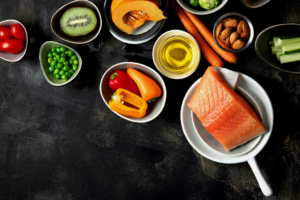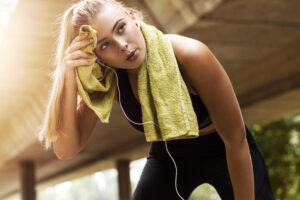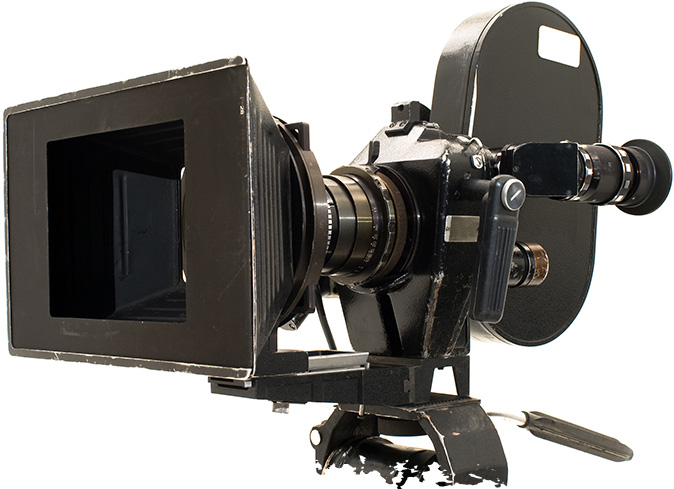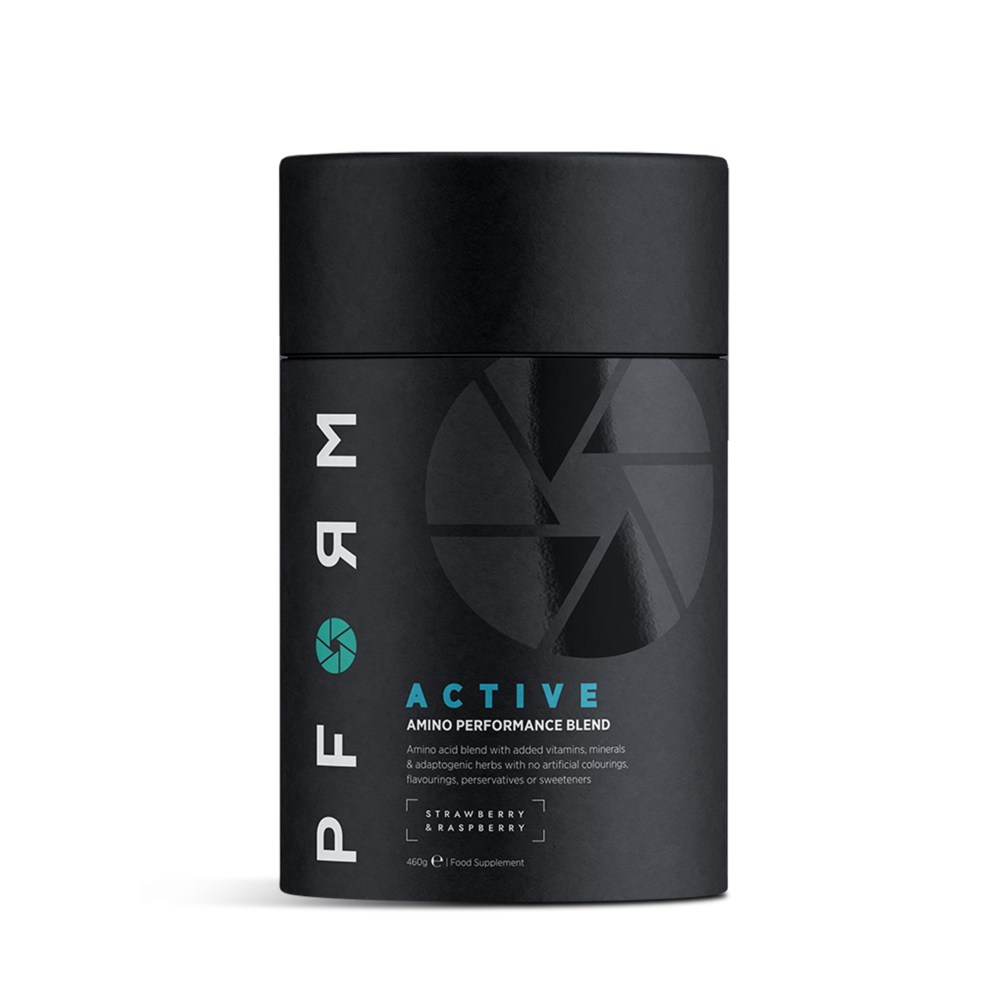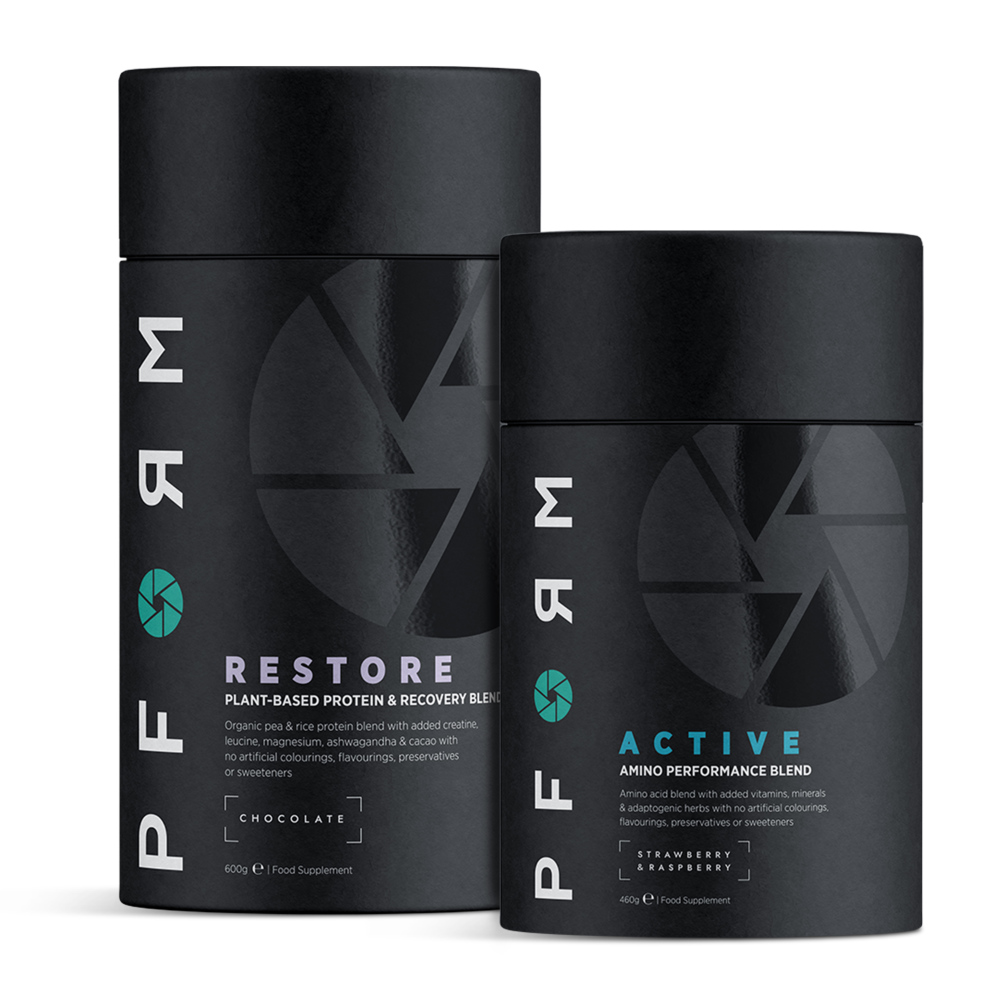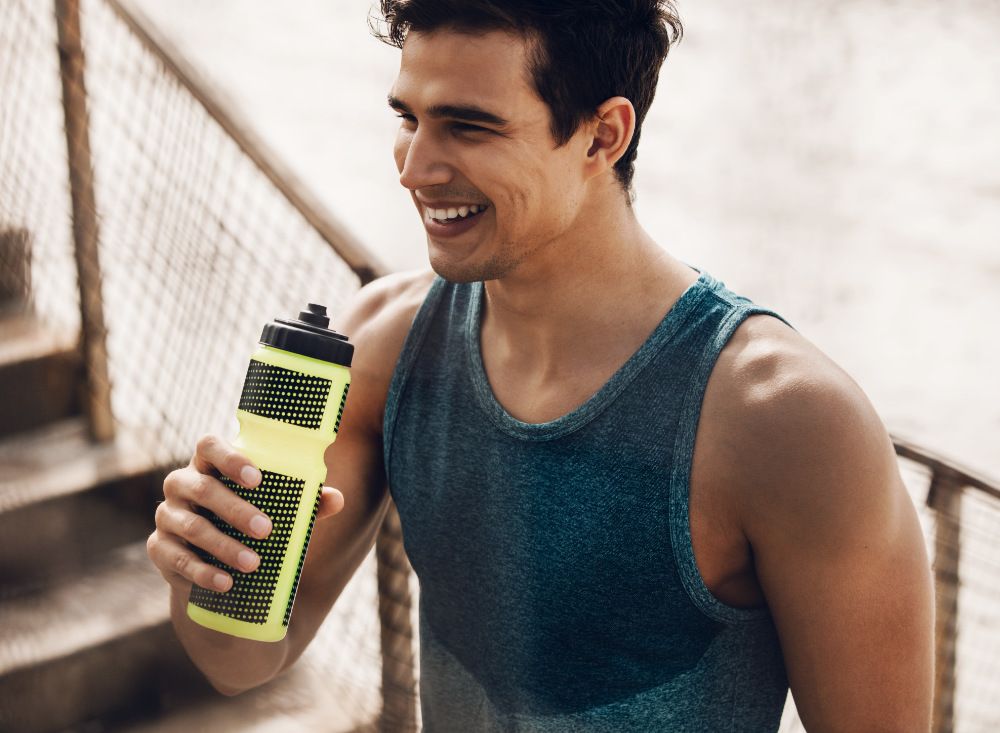
The athletic advantages of Rhodiola Rosea Root extract
Rhodiola rosea root extract is a herbal supplement that may enhance athletic performance through supporting the stress response, reducing mental fatigue and enhancing cognitive function.
Otherwise known as the Arctic or Golden root, Rhodiola rosea grows on mountains and sea cliffs in Europe and Asia. Classified as an adaptogen, it is a nontoxic plant substance that supports the body to effectively regulate the stress response.
The Vikings and the Soviet military recognised and utilised rhodiola for its fatigue fighting and stamina enhancing properties.
Rhodiola root is abundant in a variety of compounds, associated with health promoting effects – for example, phenols, rosavin, rosin, terpenoids and flavonoids (1). Health benefits of rhodiola may include cardio and neuroprotective functions, anxiety and depression reducing, fatigue fighting and cognitive enhancing (1).
Read on to find out about its potential benefits for the athlete or weekend warrior!
Potential benefits of Rhodiola Rosea Root extract
Reduced perceived exertion
Supplementation with rhodiola may reduce how challenging a training session feels, potentially translating into improved performance (2,3).
Improved endurance exercise performance
Rhodiola may enhance aerobic capacity in athletes – supplementation with rhodiola pre training sessions is associated with improved endurance performance and decreased heart rate during maximal training (5,3,4).
Improved cognitive function
Use of adaptogens such as rhodiola may be supportive during more stressful periods of training. Supplementation of rhodiola may reduce fatigue levels and enhance cognitive function (6,7,8) critical for optimising performance levels.
Mood supporting
Supplementation with rhodiola is associated with improved mood levels (9). This may be particularly beneficial for optimising performance during high volume or high intensity training, associated with high levels of stress, potentially affecting mood.
Anxiety reducing
Significant improvements in generalised anxiety disorder symptoms were found in individuals who supplemented with rhodiola (10). This may be particularly beneficial for pre-race/competition periods.
Immune boosting
Rhodiola supplementation may increase the presence of substances that help to protect against viral infections that follow from intense and prolonged exercise sessions (11).
Take home points
Rhodiola rosea is an adaptogen: that may be supportive during periods of high stress.
Rhodiola rosea may enhance mental performance: with mood boosting and anxiety reducing effects.
Rhodiola rosea may enhance physical performance: increasing aerobic capacity and reducing how challenging a workout feels.
Related Products
References
- Panossian et al. (2010). Rosenroot (rhodiola rosea): traditional use, chemical composition, pharmacology and clinical efficacy.
- Duncan et al. (2014). The effect of acute rhodiola rosea ingestion on exercise heart rate, substrate utilisation, mood state, and perceptions of exertion, arousal and pleasure /d ispleasure in active men.
- Noreen et al. (2013). The effects of an acute dose of rhodiola rosea on endurance exercise performance.
- Noreen et al. (2009). The effects of an acute dose of rhodiola rosea on exercise performance and cognitive function.
- De Bock et al. (2004). Acute rhodiola rosea intake can improve endurance exercise performance.
- Darbinyan et al. (2000). Rhodiola rosea in stress induced fatigue – a double blind cross-over study of a standardised extract SHR-5 with a repeated low-dose regimen on the mental performance of healthy physicians during night duty.
- Spasov et al. (2000). A double-bind, placebo-controlled pilot study of the stimulating and adaptogenic effect of rhodiola rosea SHR-5 extract on the fatigue of students caused by stress during an examination period with a repeated low-dose regimen.
- Olsson et al. (2009). A randomised, double-blind placebo controlled, parallel group study of the standardised extract SHR-5 of the roots of rhodiola rosea in the treatment of subjects with stress-related fatigue.
- Mao et al. (2015). Rhodiola rosea versus sertraline for major depressive disorder: a randomised placebo-controlled trial.
- Bystritisky et al. (2008). A pilot study of rhodiola rosea (Rhodax) for generalised anxiety disorder.
- Ahmed et al. (2015). Rhodiola rosea exerts antiviral activity in athletes following a competitive marathon race.



